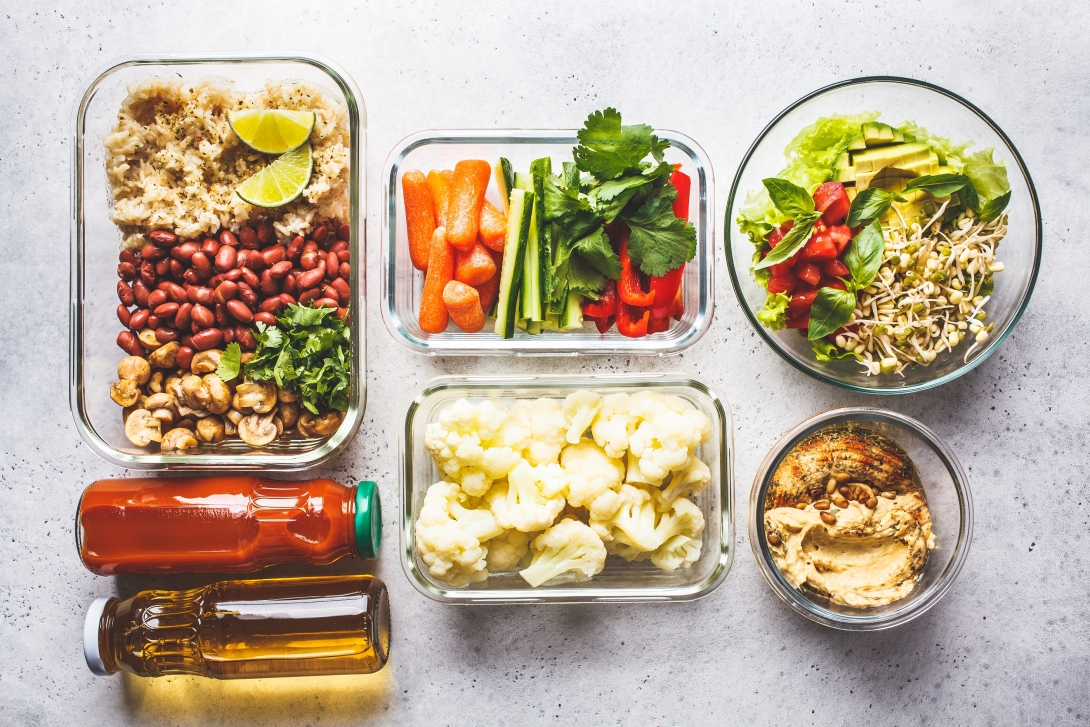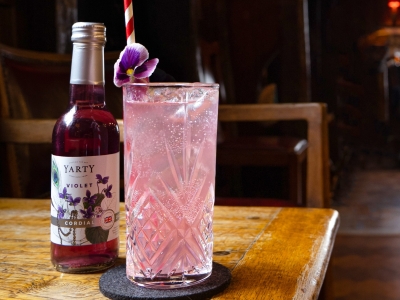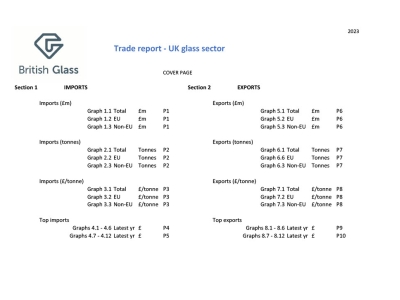
When was the last time you checked the back of your fridge for old jars? Weekly, monthly, or even yearly? If the answer is ‘not recently’, you’re not alone. In research conducted by British Glass, a staggering 37% of Brits admitted to letting items dwell in their fridges for over a year.
Scotland was found to be the number one hotspot for fridge dwellers, with almost one in ten saying that they check old jars in the fridge to see what’s useable less than once a year. Additionally, over a quarter of Brits say they do not make use of leftovers from old jars, but Northern Ireland was found to lead the way for regular fridge clear outs, with 44% checking once a week.
Millennials (aged 25-34) were the age group most likely to clear the fridge shelves, with 44% checking weekly for what they can still use. A third (33%) of 18–24-year-olds said that they do not try to make use of these leftovers, significantly less when compared to over 55s where 78% said that they make use of everything possible. Our research has revealed a great opportunity for people up and down the country to dig out these hidden treasures and reuse the contents of the jars, so that they can then recycle – or reuse – the jars themselves.
There are many ways to repurpose these contents before recycling or reusing the jars, such as:
• Vegetable Brining: Use leftover pickle juice to brine other vegetable – such as onions, peppers and hard-boiled eggs.
• Flavourful Cooking: Combine leftover brine with pasta water or when boiling potatoes to add flavour to your dishes.
• Cocktail Creativity: Get inventive with pickle juice by using it to make delicious cocktails such as Bloody Marys, Picklebacks, Martinis.
• Homemade Spreads: Mix the remnants of mustard or mayonnaise from glass jars with herbs and spices to create sandwich spreads.
• Pickle juice can even be used in the garden to kill weeds.
As an alternative to single use plastic, glass is 100% recyclable and can be repeatedly broken down and used to make new materials. Housing products in glass also provides significant health benefits, as there’s no risk of harmful chemicals or toxins crossing over into food.
Old pickle, jams or chutney jars and sauce bottles we no longer use can often sit in the fridge for longer than we’d like to admit, but all of these can be recycled once finished with and used to make new glass, reducing manufacturing and supply chain emissions.
The UK glass sector has a recycling record of 74.2%, one of the highest rates of any packaging material. British Glass has ambitions to achieve a 90% collection rate by 2030.
“As recycling rates continue to increase across the UK, it will become more important for people to regularly identify what items they have around the house that can be recycled,” said, Dave Dalton, CEO of British Glass. “It’s fantastic that recycle rates are high in the UK, but we can’t sit back and rest on our laurels. The more we can recycle, the more emissions savings we can make in production and the less raw materials we will need to use.”
Online fieldwork was completed by Fly Research between October 11th and October 12th 2023


